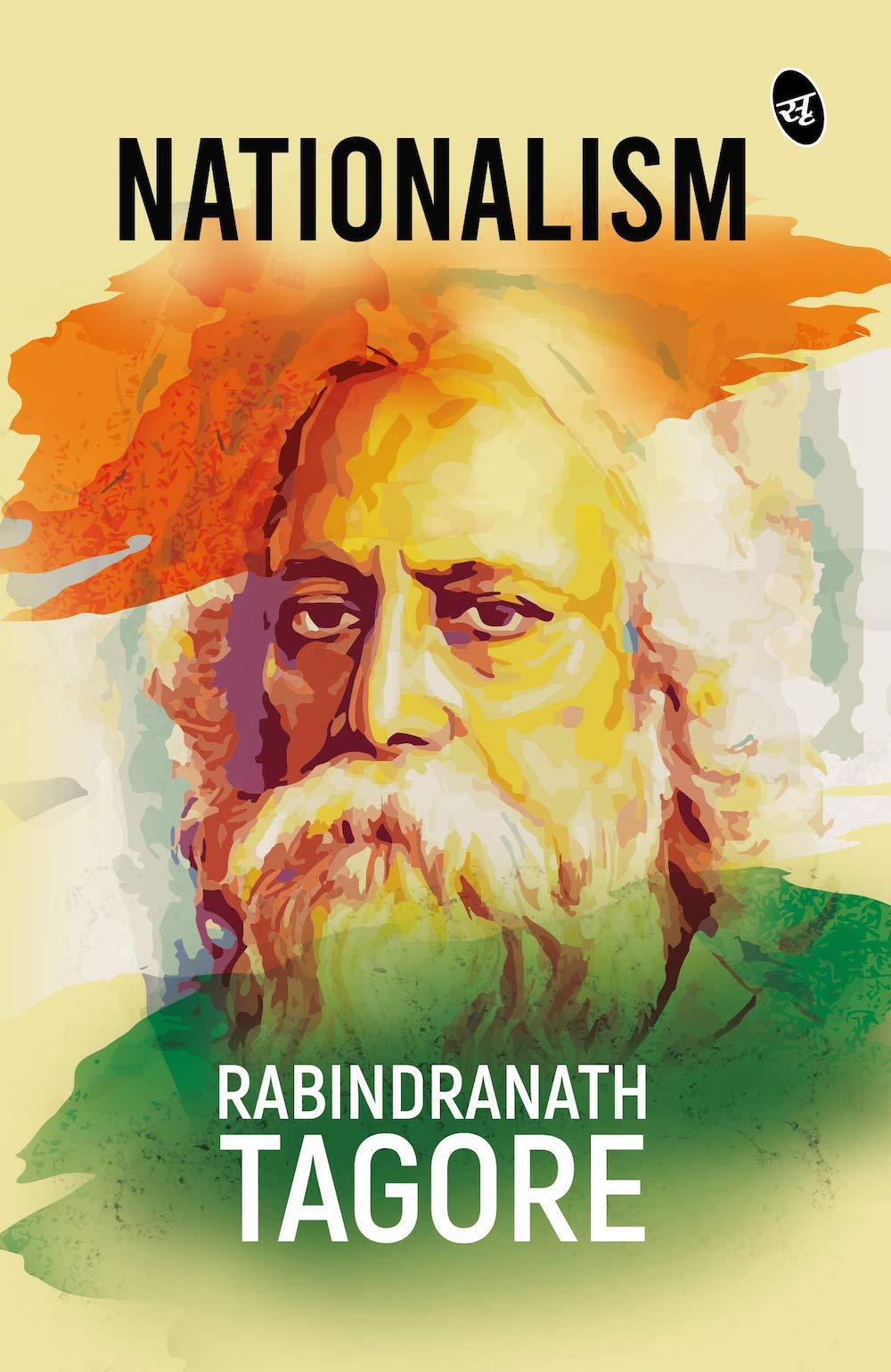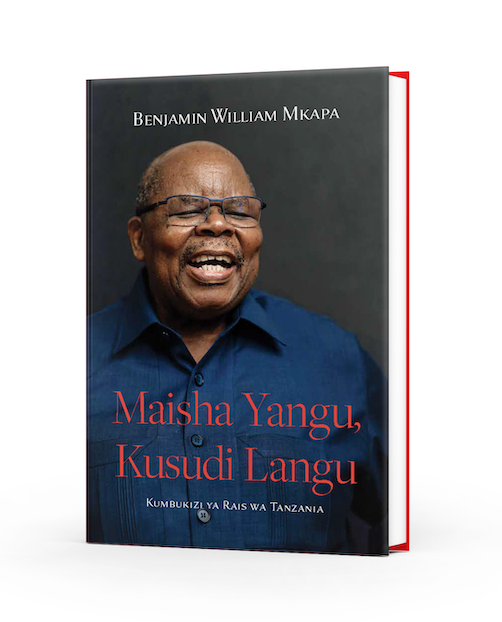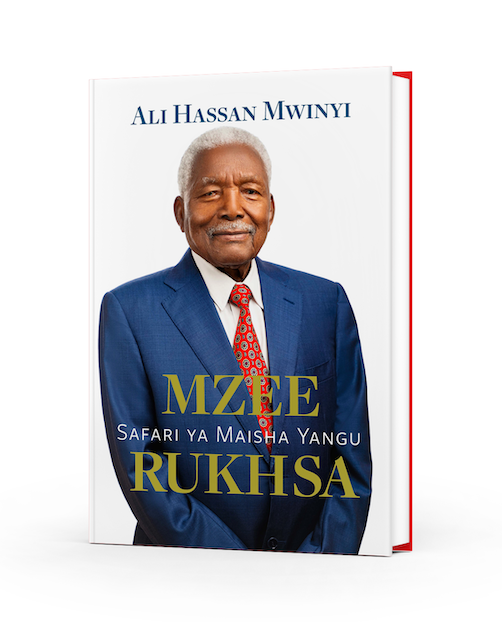By Gwamaka Kifukwe
Originally published in 1917, Rabindranath Tagore’s ‘Nationalism’ remains an insightful critique of the concept of the ‘nation’ and ‘nationalism’. The essay was published at a time of a growing Indian nationalist movement, heartened by the successes of Japan in re-defining its relationship with the Western world. Tagore’s text is a warning to the Indian (and other colonised) nationalist movement to not adopt whole-sale the Western concept of nationalism without understanding its power, purpose and costs when it comes to implementing it in a non-Western context:
“It is like dressing our skeleton with another man’s skin, giving rise to eternal feuds between the skin and the bones at every movement.” (p. 4)
To modern readers, this text offers much by way of understanding what keeps a nationtogether (and working), and the impact of nations on individuals and (non-Western) societies.
To Tagore the nation is simply “the political and economic union of a people… organised for a mechanical purpose” (p. 38) where “the only common bond is usefulness” (p. 19). The nation, a Western construct, is unsuitable for India he argues, because of India’s ethnic diversity. Europe, which Tagore presented as a relatively homogeneous region, could more smoothly marshal the collective effort of her peoples because all of her people were essentially the same. India, and Asia more broadly, does not share this attribute as it is much more diverse – a ‘weakness’ to the nation – warns Tagore.
The nationalist movement in India would have to separate the useful aspects of nationalism and incorporate it into an already well-established Indian society (as Japan seemed to be succeeding at doing). The alternative would be to re-shape Indian society in order to be able to adopt the nation concept. In his view, India is not a nation but as a reaction to colonialism, an Indian nation may be necessary to restore India and her people to dignity:
“… we had to deal, not with kings, not with human races, but with a nation – we, who are no nation ourselves” (p. 38)
This is an important consideration for (public) leaders in Africa as we look to draw strength from our diversity, rather than allow our diversity to continue to challenge Africa’s aspirations.
A second critique of the nation concept is woven into the language of the text. The nation is presented as “scientific, not human” (p. 9) and modern progress as a “lumbering structure… riveted by the iron bolts of efficiency, which runs the wheels of ambition” (p. 31). To Tagore, the machine metaphor is extended to its effect on the nationals themselves who are “smothering their humanity under the immense weight of organisations” (p. 21). As a result “the moral man, the complete man, is more and more giving way, almost without knowing it, to make room for the political and commercial man, the man of limited purpose” (p. 45).The nation should be a tool for society and individuals, not the other way around – and leaders must be aware of this tension:
“In the so-called free countries the majority of the people are not free; they are driven by the minority to a goal which is not even known to them.” (p. 85)
Nationalism is not an attack on Europe or the West. It is however a caution against an uncritical adoption of a Western concept (to a non-Western context) that was making headways at the time and remains relevant today – in the era where business as usualimpedes sustainable development.
About the reviewer
Gwamaka Kifukwe was the Head of Sustainable Development Programme at the Institute. He also hosted the Institute’s television programmes (Meet the Leader and In Focus), and was a member of the Resource Centre.



